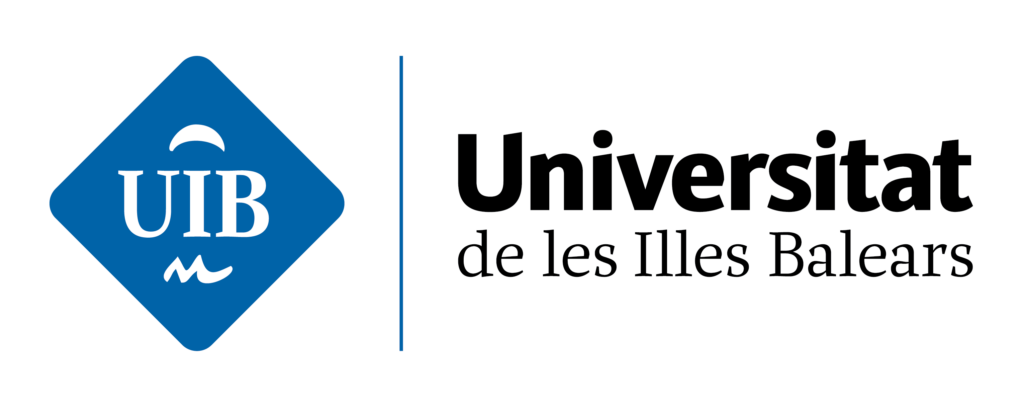Universidad Carlos III de Madrid (UC3M), Spain
Principal Investigator: Víctor P. Gil Jiménez and Ana García Armada.
Universidad Carlos III de Madrid (UC3M) is a Spanish university, renowned for its innovative teaching and research as well as for its international profile. It offers a substantial number of undergraduate and graduate degree programs in English, and 22.9% of its student body is international.
UC3M stands out for its high rate of graduate employability and for the opportunities it provides its students to gain hands-on experience during their studies through professional internships at leading companies and institutions.

Principal Investigator: Musbah Shaat and Marius Caus
Research activities at the CTTC, both fundamental and applied, mainly focus on technologies related to the physical, data-link and network layers of communication systems, and to the Geomatics.
Started in 2001 with young graduates, with engineering or PhD degrees, it is currently the only research institution where research and technology development are combined to provide response in the range of precompetitive research and engineering demonstration models.
During the last twenty years we have managed to transform enthusiasm and capability, as the dominant skills, into competence, yet preserving the initial motivation for advanced research and innovation.
Our technology development and transfer program is formed by nine research units, covering all the different aspects of terrestrial telecommunication, from the physical, access, and networking layers.
Space, satellite communications, navigation, and geomatics are also addressed, hybridized with the terrestrial systems whenever is required. Artificial Intelligence and function virtualization are core and common tools that are shared by the research units.

Principal investigator: Felip Riera Palou.
The UIB has made research its fundamental aim and in order to achieve this, it is home to top-notch researchers and high-quality facilities that enable top-flight research work.
Research at the UIB is financed by its own funds (through the Research Promotion Programme), European funding (including the ERDF), national funding (R&D&i and State Plans), regional funding (Balearic Science and Technology Plans), and other institutional funding granted to researchers in competitive calls.
This ongoing collaborative effort has allowed the UIB to attain widespread renown as a research institute both nationally and internationally.
FUNDING

